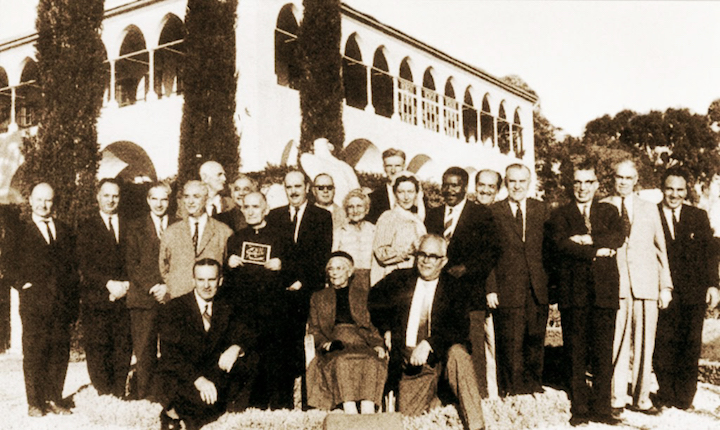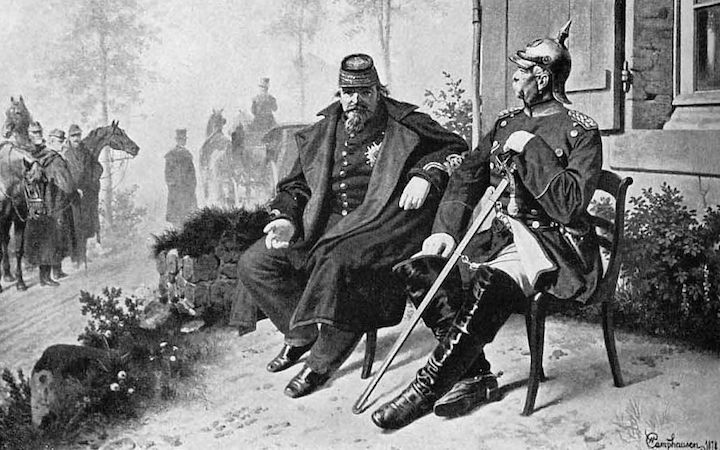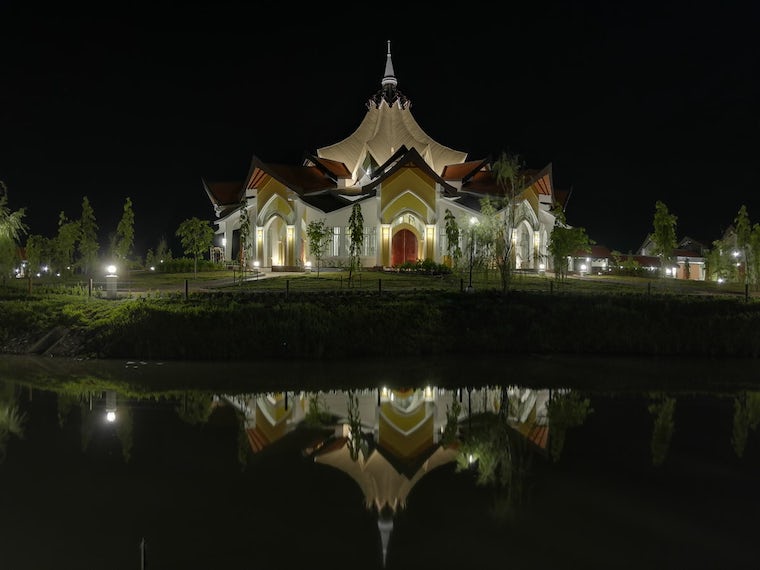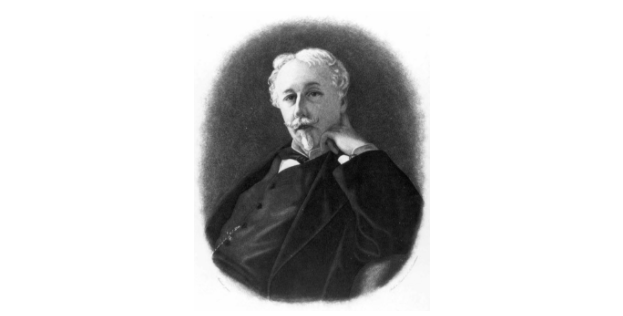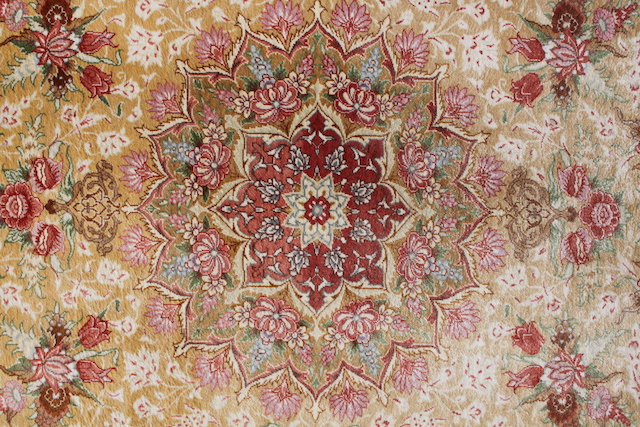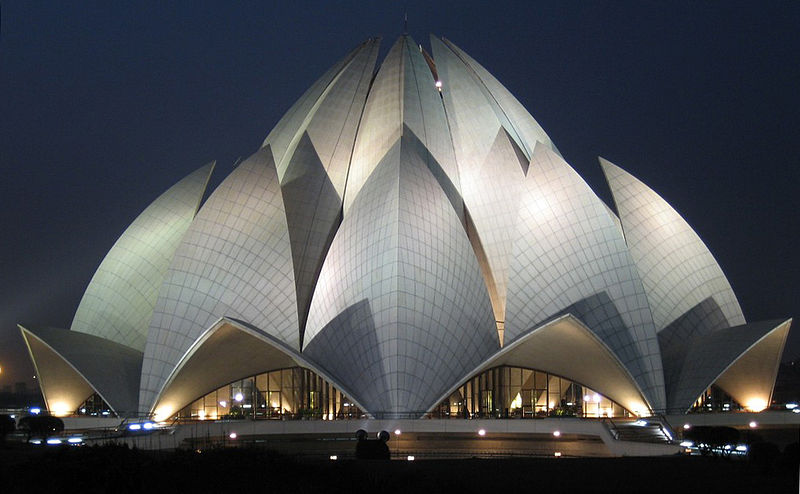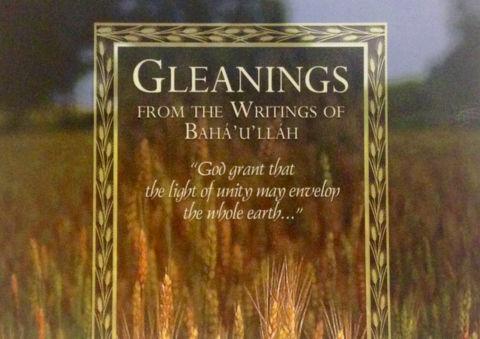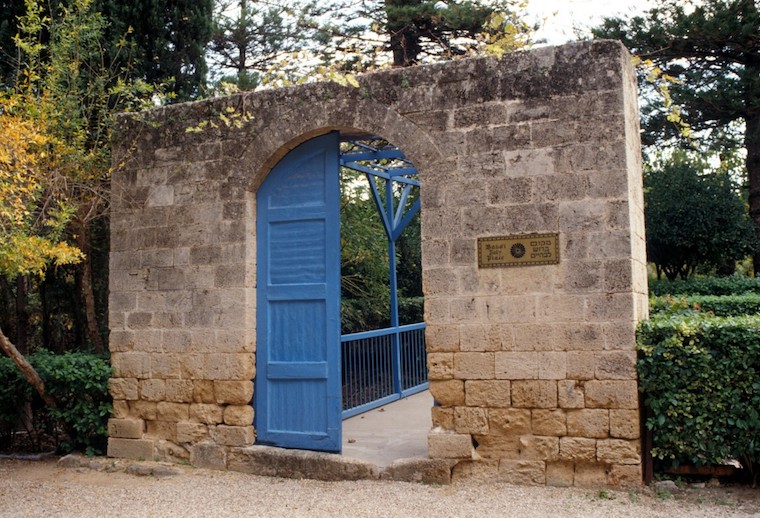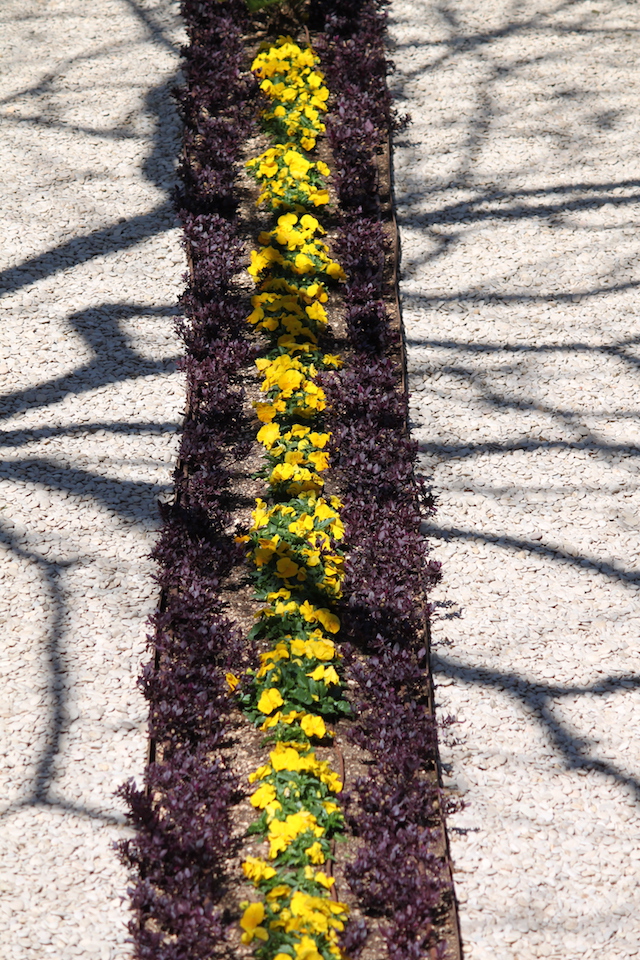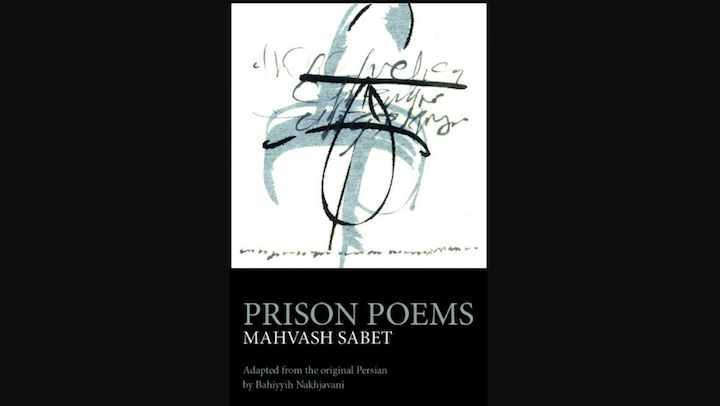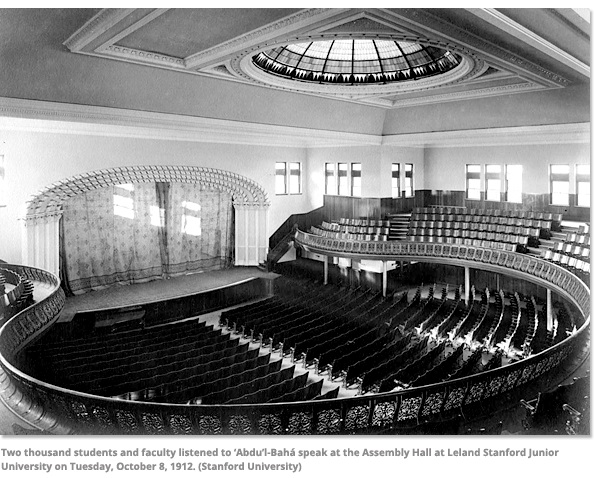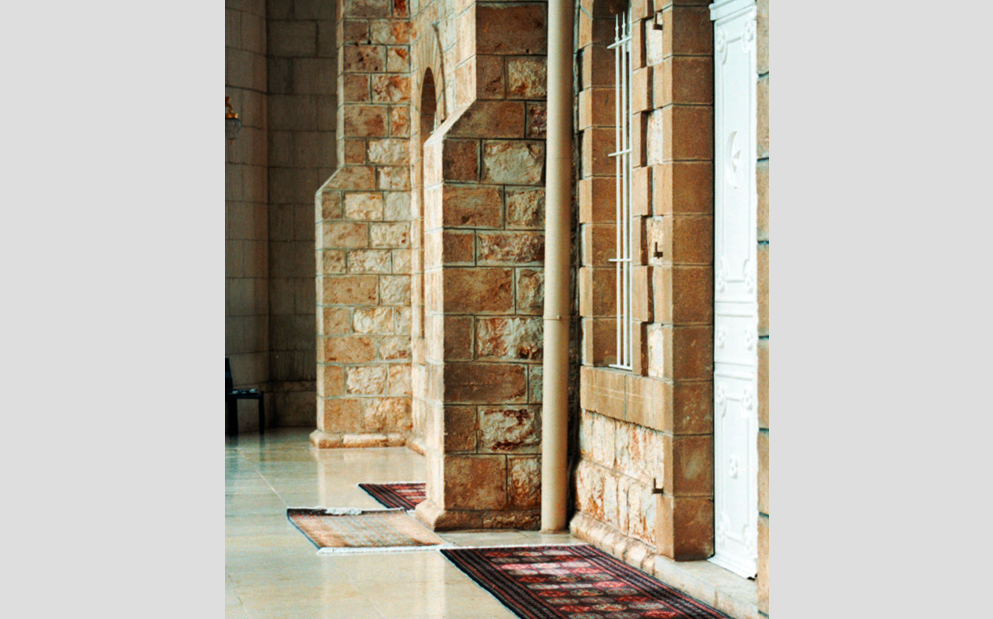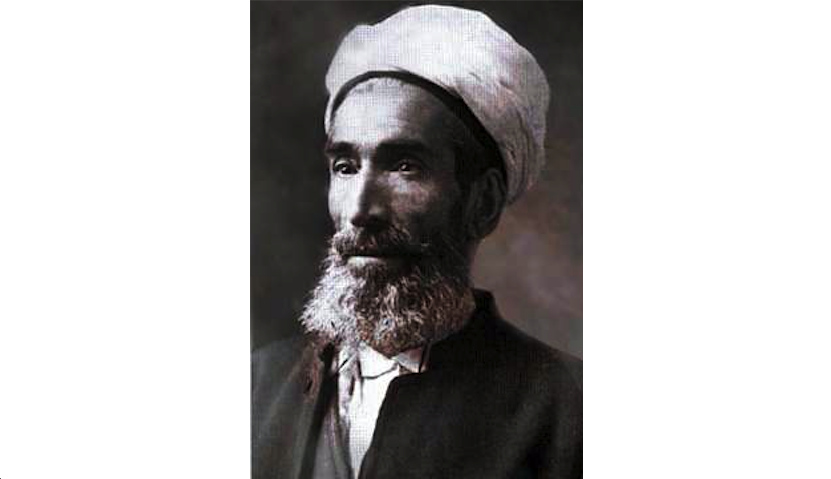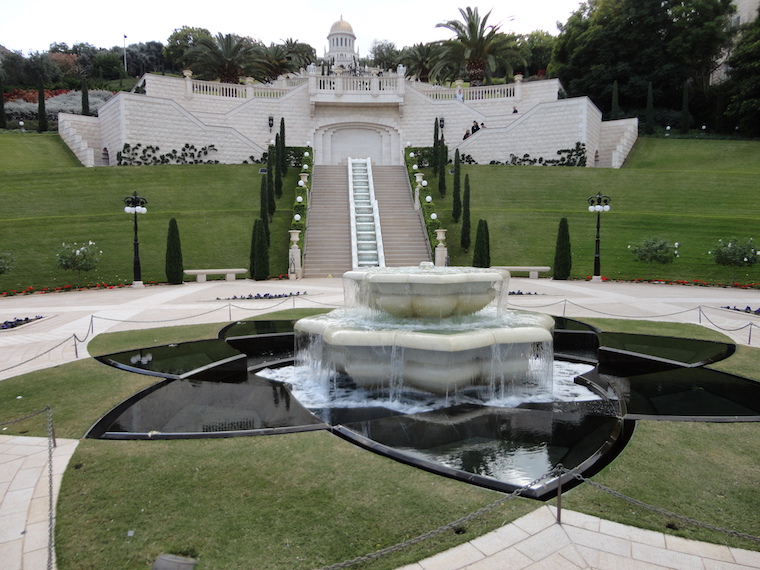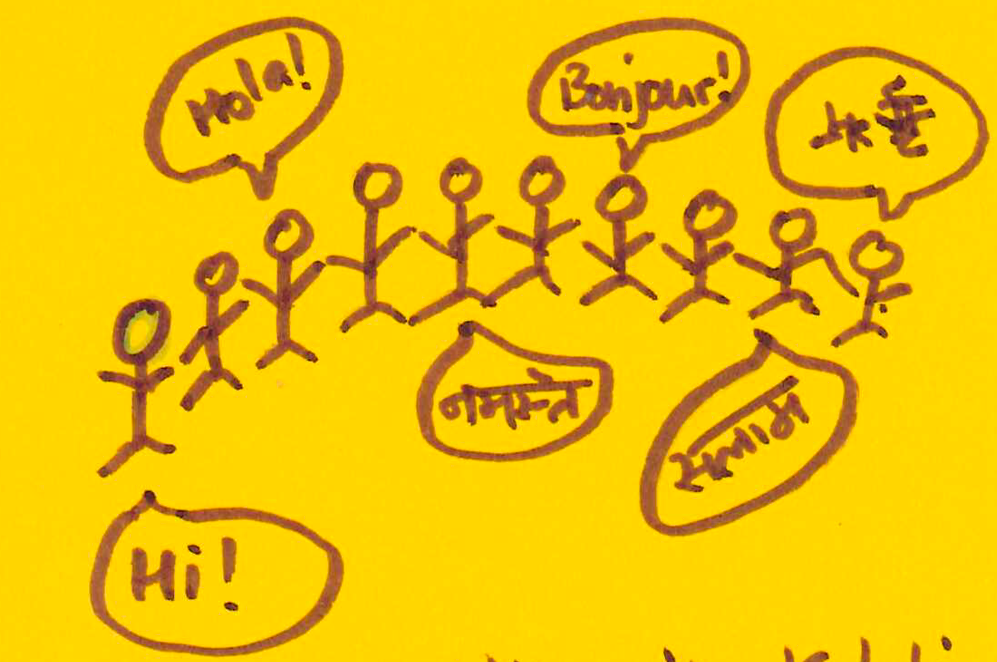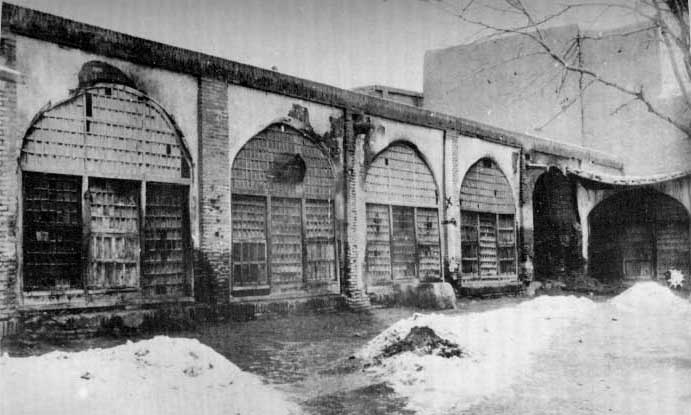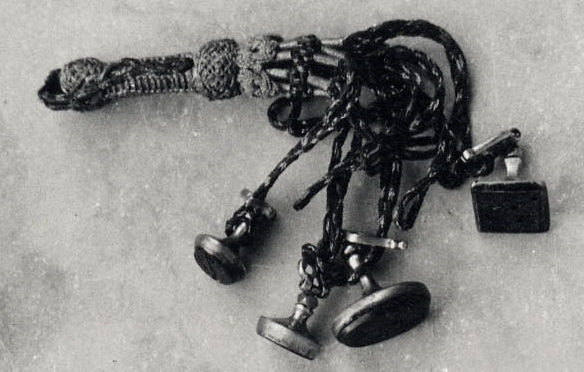-
Waging Peace in the Midst of War
As we have already seen, during World War 1 Abdu’l Baha wrote a series of letters to the Baha’is of North America. While the world was waging war, Abdu’l Baha was waging peace. This is the first of a series of articles with the aim of placing these letters in the context of events occurring in the war about the time the letters were being written. The letters could not be delivered until after the war. 26 March 1916 On this day allied delegates were arriving in Paris for an allied conference. The French government, which had convened the meeting, wished to ensure that no government would separately conclude peace…
-
A Stronger Thought of Peace
When a thought of war comes oppose it with a stronger thought of peace. It is such a striking statement that it often comes to mind. It appears in a talk given by Abdu’l Baha in Paris in 1911. I charge you all that each one of you concentrate all the thoughts of your heart on love and unity. When a thought of war comes, oppose it by a stronger thought of peace. A thought of hatred must be destroyed by a more powerful thought of love. Thoughts of war bring destruction to all harmony, well-being, restfulness and content. Thoughts of love are constructive of brotherhood, peace, friendship, and happiness.[1] Often Abdu’l Baha’s words have a simplicity and clarity that bely their depth. It is a…
-
To the Rulers of Society: the Summons of the Lord of Hosts
A number of articles have already noted that Bahá’u’lláh wrote to the rulers of society. For example, the Suriy-i-Haykal – the Tablet of the Temple; articles such as the article on justice; Against Persecution of Minorities, and the Sultan’s Puppet Show. Many of these letters are collected in a book entitled The Summons of the Lord of Hosts. There are also a number of passages addressed to governing institutions in Bahá’u’lláh’s Most Holy Book, the Kitab-i-Aqdas. Among Bahá’u’lláh’s letter to the rulers of society is the “Tablet to the Kings” addressed to rulers collectively – while Bahá’u’lláh also wrote individual messages addressed to rulers such as Pope Pius IX, Napoleon…
-
Plan B – The Lesser Peace
* * * As noted previously, Bahá’u’lláh wrote to kings and rulers. He did not expect them to accept his proclamation of messianic fulfilment. Indeed he knew they would not. In his message to Queen Victoria he sets out an alternative for the world’s rulers: an alternative he refers to as the Lesser Peace. Now that ye have refused the Most Great Peace, hold ye fast unto this, the Lesser Peace, that haply ye may in some degree better your own condition and that of your dependents. O rulers of the earth! Be reconciled among yourselves, that ye may need no more armaments save in a measure to safeguard your territories and dominions.…
-
Achieving Unity
It was not obvious when Bahá’u’lláh stated it, but it is obvious today. The problems of the world cannot be solved and human welfare and peace cannot be achieved, until humanity’s unity “is firmly established”. Yet if we look around the world, there is nothing more obvious than the divisions that beset human beings. No two men can be found who may be said to be outwardly and inwardly united. The evidences of discord and malice are apparent everywhere, though all were made for harmony and union.[1] If unity were easy, it would have already been achieved. It is not impossible, but it is harder than even the most visionary goals human…
-
The Interconnection of All Things
All things are interconnected. … every part of the universe is connected with every other part by ties that are very powerful and admit of no imbalance, nor any slackening whatever.[1] When Abdu’l Baha made comments of this kind he had in mind the interconnection between the material, plant, animal and human kingdoms. The atoms that make us up transition between these worlds remaining unchanged in their essence although entirely transformed in their outward characteristics. Indeed we could not exist but for the fact that the atoms that make up our bodies were long ago manufactured in the nuclear processes of a star. As each component atom or element in…
-
Higher Learning – Science and Peace
During his journey through North America Abdu’l Baha visited a number of universities. He spoke at Columbia University in New York, Howard University in Washington DC and Stanford University in Palo Alto. Much of my life is associated with universities. So these talks have special meaning at a personal level. Particularly at Columbia and Stanford, Abdu’l Baha’s spoke about science and peace – another implication of harmony of science and religion. At Howard University – at the time a university established to provide educational opportunities for African American students – Abdu’l Baha spoke of oneness of humanity and the importance of love between black and white Americans. At Colombia University, Abdu’l Baha…
-
Balancing Material and Spiritual Civilization
“No matter how far the material world advances, it cannot establish the happiness of mankind. Only when material and spiritual civilization are linked and coordinated will happiness be assured. “[1] With these words Abdu’l Baha introduces another of the great principles of Baha’u’llah’s teachings. In short – that true civilization implies a balanced progress of material and spiritual – with neither predominating. The immediate implication of this balancing of the material and spiritual is in the realm of human activity and human relationships. Then material civilization will not contribute its energies to the forces of evil in destroying the oneness of humanity, for in material civilization good and evil advance…
-
Bahá’u’lláh’s Call for a Common Language for the World
We live on the same planet, we breathe the same air, we belong to the same community of humankind. Yet we don’t speak the same language. Often we can’t understand each other at all. Many times we struggle to communicate well. It’s clear enough what an impediment the absence of a common human language is to peace and understanding in the world. Bahá’u’lláh calls for the adoption of such a language. It is incumbent upon all nations to appoint some men of understanding and erudition to convene a gathering and through joint consultation choose one language from among the varied existing languages, or create a new one, to be taught to…





